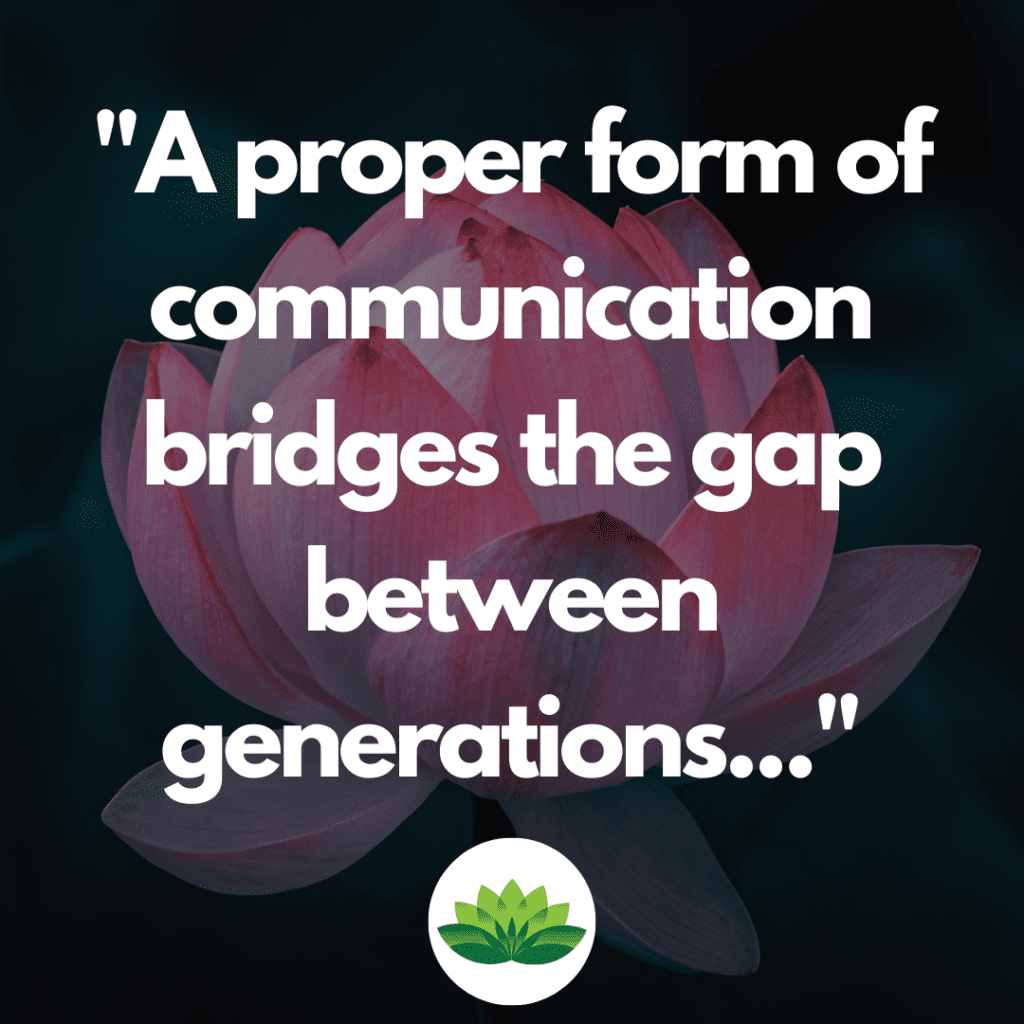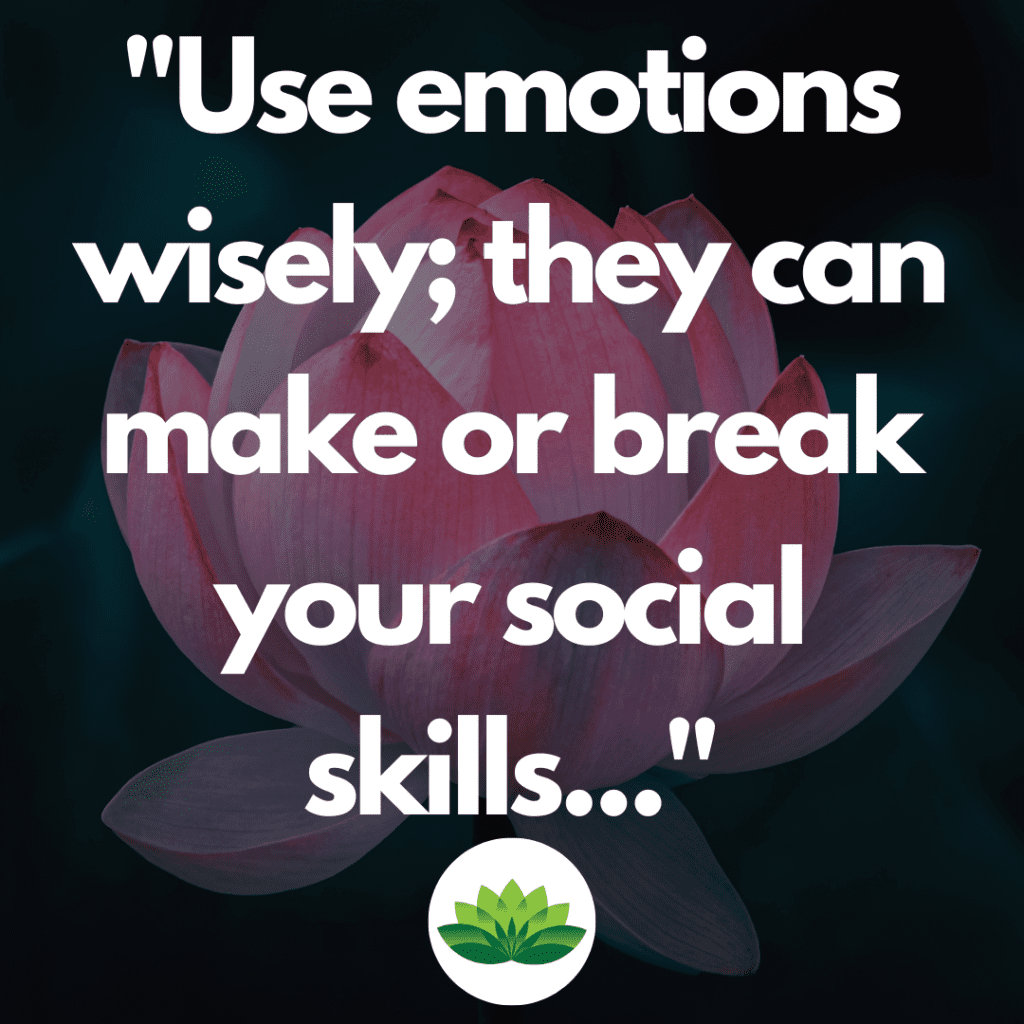Developing communication skills requires dedication. However, guidance is vital to work on them. So, let’s discuss ways to improve interpersonal skills for beginners.
*The site may contain links to affiliate websites, and we receive an affiliate commission for any purchases made by you on the affiliate website using such links.

If you are anything like me, you would know how crippling social anxiety can be. Honestly, I thought I was the only one in the wagon. As it turns out, many others like me had or still have this fear.
Our society expects us to have basic interpersonal or communication skills to interact with others. The responsibility lies on our shoulders to learn and refine our skills. Except, it isn’t always easy to do so.
To all those people who struggle or lack interpersonal skills, there is a way to deal with it. You can improve your communication skills with some simple and excellent steps.
So, let’s jump into the article and understand why we lack them and ways to improve interpersonal skills for beginners.
Why do we lack interpersonal skills?
If you are nervous talking or facing people, you might want to deal with it. You would like to focus on your confidence. In other words, what makes you all jittery when you interact with people?
Many reasons contribute to the lack of interpersonal skills. However, the three most important ones are lack of interaction, understanding, and practice. Out of the three, practice makes or breaks the confidence you need for social skills.
To combat this lack of practice, we shall discuss ten ways to improve interpersonal skills as beginners.
What are the ways to improve interpersonal skills for beginners?
Finding the source of nervousness when socially interacting with people is vital. It’s good to work on or improve interpersonal skills as beginners. However, the key is to realize where to start.
In each interaction, you must identify some errors stopping you from making it to perfection. You have to know what’s keeping you behind to get over it. So, here are the steps to follow:
1. Look for opportunities to interact with people:
You can’t improve your interpersonal skills as a beginner if you don’t interact with people. And not just messages or chats, but face-to-face verbal communication. Hiding from people won’t help you.
Therefore, you must actively look for chances to interact with people. Talk with them and understand what they discuss and how you can contribute to it.
2. Learn the appropriate way of communication:
Some people don’t care to say what’s appropriate. You know how that ends in a social situation. Being inappropriate is a barrier to interaction and doesn’t help build interaction skills.
Therefore, learn the appropriate way of communication to understand what’s relevant in a discussion. Analyzing it will help you seek relevance from others.

3. Tailor your speech to suit the atmosphere:
Don’t say whatever comes to your mind. Think before you speak. People say things directly without considering the consequences. Hence, they draw the ire of people around them.
What you must do is tailor your speech to suit the atmosphere. Identify whether it’s a calm discussion or a factual debate. And you can easily do the job.
4. Focus on improving listening skills:
To improve interpersonal skills, you must focus on enhancing your listening skills. Not listening to people makes for most of the communication errors. It’s vital to realize the benefits of good listening skills.
Hence, listen attentively to what people say and then begin your point. Moreover, it’s respectful to the speaker that you are listening to him.
Also read: Do Good Listening Skills Help Improve Self-Awareness?
5. Practice speaking in layman’s terms:
Using vocabulary doesn’t work when you are in a social situation. You might know the context of those words, but others don’t. Simple words do far better to simplify communication between two or more people.
Therefore, use simple and understandable words to help others understand your speech.

6. Practice talking in front of a mirror:
If you stumble or stammer while speaking or discussing things, it’s a roadblock. To help yourself, you must analyze ways to improve communication. A mirror does your job quite well. You might have seen it in movies or TV shows because it works.
Speaking in front of a mirror raises confidence levels. You speak without fear and work your way through words eventually.
7. Observe how good communicators interact:
You will always find good communicators in a group setting. They are good at talking with all kinds of people. Moreover, they understand what people want to hear. In other words, they are perfect at what they do.
So, observe such people when you come across them to take feedback. It will help you improve your interpersonal skills. Also, if you wish to develop unique and exceptional relationships as a communicator, you can check out this guide to connect with people.
Also read: 8 Great Tips to Develop A Goal-Oriented Personality
8. Keep your emotions in check while interacting:
Being emotional is good but including emotions in your interactions with others is tricky. You must understand how to use them diplomatically to prevent hurting sentiments.
Use emotions to inspire or comfort others when they are in trouble. It helps develop empathy and compassion for them. Besides, they would do the same when interacting with you.

9. Maintain a balance between being personal and formal:
It’s better to speak personally in some interactions while formally in others. However, focus on maintaining a healthy balance between speaking personally and formally in a discussion as the situation demands.
It helps you adapt to the kind of audience you are dealing with to realize the sensitivity of a social situation.
10. Be calm when dealing with difficult people:
It’s for people who want to be an all-round communicator or come across difficult people more often. Not everyone can deal with such people. It requires a calm and composed mind.
Dealing with difficult people comes with consequences. They can easily intimidate people. That’s why you should have a calm demeanor to deal with them.
Final Words:
Good interpersonal skills don’t require talent. It requires practice and dedication to deal with people from all walks of life. Patience, empathy, and confidence improve interpersonal skills as a beginner.

